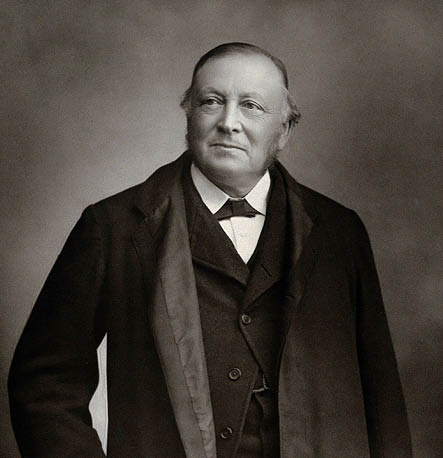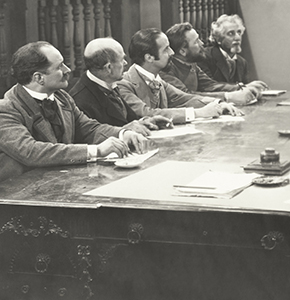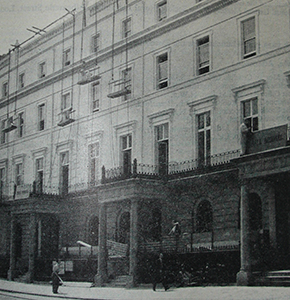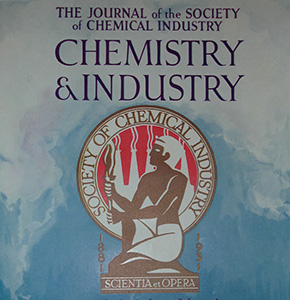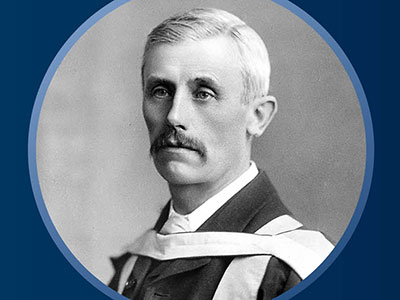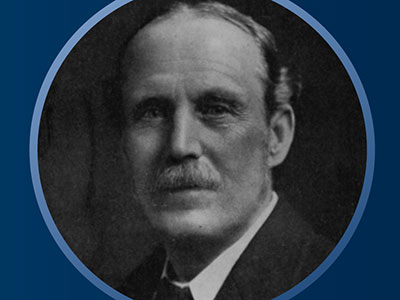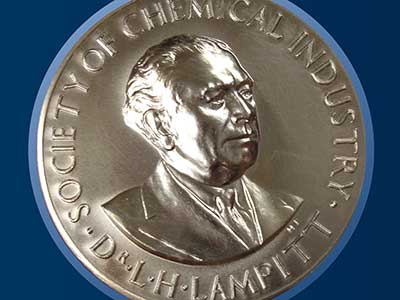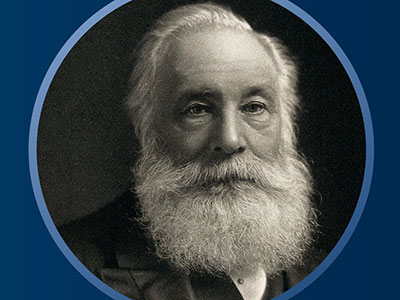SCI was formed in 1881 by prominent scientists, inventors and entrepreneurs of their day, who went on to form the products, processes and companies that propelled society forward brining benefits across health, food and new medicines.
The importance of chemistry and chemists
Chemistry is ubiquitous and underpinning. Everything is derived from the elements in the periodic table and so without chemistry, there would be no life.
Chemists are highly skilled scientists. They use the elements, in particular carbon, to design and build molecular structures that deliver new products and new functionality for society. These molecular structures cannot be seen by the naked eye but are often highly complex, making chemists the molecular architects of today.
Carbon has a unique role as it is the building block for most things, including biological structures, such as human beings. Without carbon there is no life.

